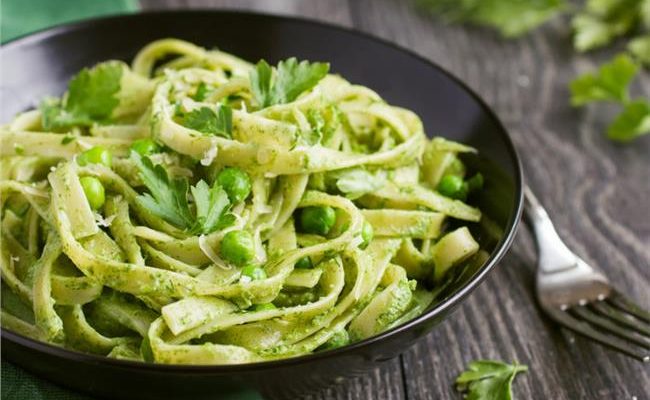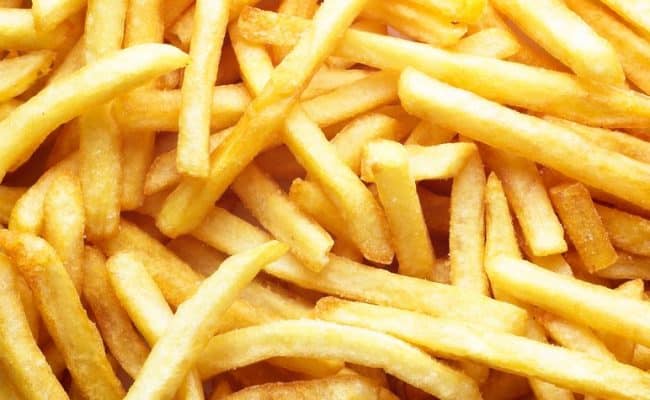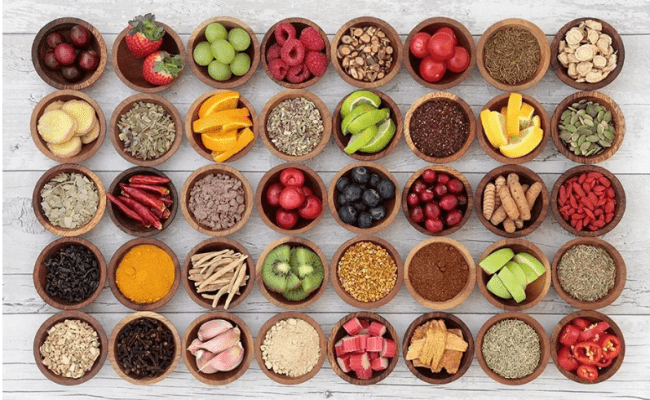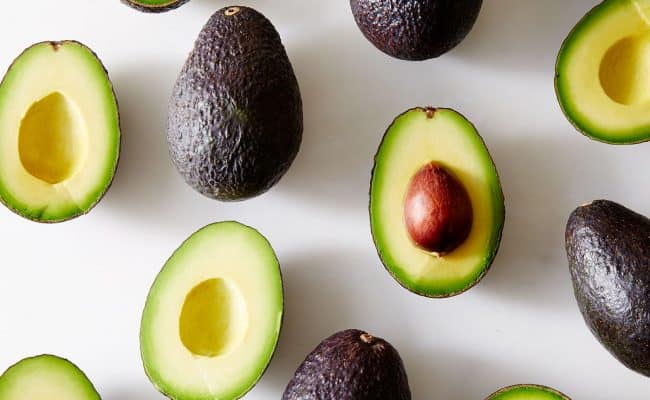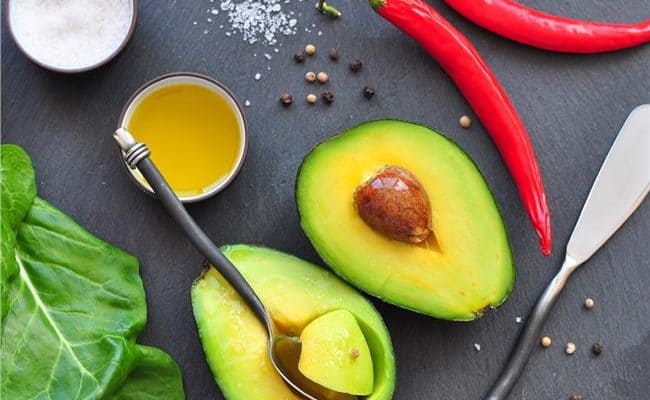
Carbohydrates, like fats, often get lumped into one category and classified as bad. The truth is all carbohydrates shouldn’t be classified as bad, and it’s important to understand the differences between carbohydrate foods.
Fruits, vegetables and whole grains are considered quality carbohydrate foods because they are full of antioxidants, vitamins, minerals and fiber.
However, most people don’t get enough of these types of carbohydrates and usually get most of their carbohydrates from refined sources: cookies, chips, cereals, white bread, etc.
Refined carbohydrates are from grain sources that have been stripped of the outer bran layer and inner wheat germ layer.
These two layers provide most of the nutritional benefit from grains, so refined carbohydrates end up using just the starchy endosperm layer with little nutritional value.
A 2012 review article (Williams PG 2012) cites that less than 15% of grain consumption in the US is from whole grains, and less than 10% of American adults reach the recommendation for whole grain intake.
The USDA recommends half your grain intake to be from whole grain sources. Why is it harmful to eat mostly refined carbohydrates?
Increased risk for type 2 diabetes
As obesity rates have climbed over the years in the US and other parts of the world, intake of refined carbohydrates has also gone up. As intake of refined carbohydrates goes up, fiber intake usually goes down. If fiber intake goes down, blood sugar levels can be affected.
After you eat a meal, fiber from food can help slow the release of glucose into the bloodstream.
This is important because if blood sugar levels spike, insulin levels also need to spike. Over time if this keeps happening, risk for type 2 diabetes increases.
A 2004 study (1) found a significant relationship between increasing refined carbohydrates, decreasing fiber intake and the increasing prevalence of type 2 diabetes.
Weight gain
Eating foods high in carbohydrate, low in fiber can mean larger swings of blood sugar and insulin.
As insulin comes into the blood stream to lower blood sugar levels, blood sugar can come crashing down. When blood sugar levels drop, that is a sign to the brain that it is time to eat again.
Eating refined carbs can send blood sugar levels up then crashing down soon after, thus triggering the feeling that you need to eat again.
This can lead to eating more food than your body needs, and the constant release of insulin in the body can promote fat storage.
Increased risk for heart disease
Besides increasing risk for type 2 diabetes, refined carbohydrates can increase risk for cardiovascular disease.
Excess sugar intake can increase the amount of triglycerides in the blood. Triglycerides are a type of fat circulating in the blood and having a high amount in the blood can increase risk for cardiovascular disease.
The large fluctuations in blood sugar from eating many refined carbohydrates can damage arteries which could lead to cardiovascular disease.
A 2001 review article (2) concluded that replacing refined grains with whole grains, fruits and vegetables can help lower the risk for cardiovascular disease.
Refined carbohydrates worse than saturated fats?
Saturated fats have gotten a reputation for increasing risk for heart disease, but some scientific studies, including a 2010 review (3) suggest replacing saturated fats with refined carbohydrates significantly increase risk for heart disease.
Eating a diet high in refined carbohydrates seems to be especially risky for people who are overweight and sedentary.
Instead of just focusing on lowering saturated fat intake, researchers suggest lowering saturated fat intake and lowering refined carbohydrate intake.
Increase the amount of whole grains, fruits, vegetables, healthy fat sources and lean proteins.
Low nutrient value
Foods that are high in refined carbs are usually void of many nutrients. On the other hand, foods like fruits, vegetables, grains, dairy and legumes, which all contain carbohydrates, are nutrient dense.
Filling up on refined carbohydrates means you are missing out on many key nutrients, including fiber.
Food companies now are starting to add single nutrients to packaged foods like fiber, vitamins or omega 3’s.
However, just because fiber is added to a packaged food does not mean it has the same nutritional profile as natural foods high in fiber like fruits and vegetables.
Conclusion
A diet high in refined carbohydrates can increase risk for many things including weight gain, type 2 diabetes and heart disease.
Refined carbohydrate sources are packaged foods like: crackers, chips, sweets, white bread, etc.
Most Americans tend to get their carbohydrate intake from refined sources and not enough from foods like whole grains, fruits and vegetables.
Refined carbohydrates are high in sugar and low in other more important nutrients.
Refined carbohydrate foods should not replace foods high in saturated fat, as this does not lower risk for heart disease.
